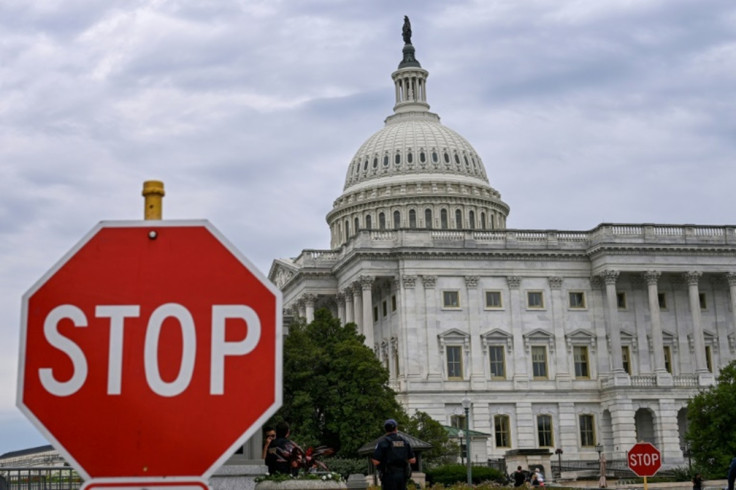Progressives Rage: Deal To End Shutdown Is A 'Betrayal' Of US Voters

The record-breaking 41-day federal government shutdown has finally met its end. But for progressive politicians and activists, the relief is overshadowed by what they are calling a massive 'betrayal' of the Democratic party's base. The US Senate approved a bipartisan stopgap funding bill late on Monday night, a measure designed to reopen federal agencies and stabilise critical social programmes. However, the legislation passed with a margin that sent shockwaves through the progressive movement: 60–40, secured only after eight Democrats, along with Independent Angus King of Maine, crossed the aisle to join Republicans.
The immediate relief of a reopened government comes at a high political cost, according to critics, who accuse moderate Democrats of caving in without securing key progressive demands. The bill simply funds the government at existing spending levels through 30 January 2026, and only provides full-year appropriations for military construction, veterans' affairs, the legislative branch, and agriculture.
For those who had hoped to leverage the crisis to force a vote on issues like reversing stricter work requirements for Supplemental Nutrition Assistance Programme (SNAP) recipients or expanding healthcare subsidies, the result is nothing short of a political failure.
The Political Fallout of the Government Shutdown Deal
The bipartisan Government Shutdown Deal swiftly advanced to the House of Representatives. However, the damage to party unity is already profound. The move to end the shutdown was fiercely opposed by the progressive wing, who view the deal as a capitulation that grants the opposition a victory on spending without a serious fight.
The senators who broke ranks—Jeanne Shaheen and Maggie Hassan of New Hampshire, Tim Kaine of Virginia, Jacky Rosen and Catherine Cortez Masto of Nevada, John Fetterman of Pennsylvania, and Dick Durbin of Illinois—have all faced immediate and harsh condemnation from their left flank.
The core of the outrage stems from the perception that the party sacrificed genuine policy leverage for a quick end to the crisis. While the agreement does guarantee a future Senate vote on extending Affordable Care Act subsidies, it does not mandate any immediate policy changes or reversals of previous contentious policies.
One progressive commentator stated the vote was 'the political equivalent of waving a white flag, only to have the other side shoot the messenger's horse'. The current political climate demands that any resolution to a major crisis be framed as a decisive victory. Instead, critics argue, this deal merely kicks the budget disputes farther down the political road, granting a temporary truce that favours the fiscally conservative wing.
Securing SNAP: A Temporary Victory in the Government Shutdown Deal
Roughly 42 million Americans rely on SNAP. For them, resolving the programme's funding uncertainty was the most immediate and critical part of this Government Shutdown Deal. Under the agriculture appropriations, SNAP is now financed through the end of fiscal year 2026, providing stability after weeks of disruption. While this provision removes immediate doubts about the programme's future, its broader effects on households and food security will emerge gradually.
The benefits had become a flashpoint in the legislative struggle, with contingency funding sufficient only to cover a portion of the estimated need for November. This shortfall led to a flurry of lawsuits and court orders temporarily requiring full benefits in several states, even as the administration continued to appeal those rulings.
While the stable funding through 2026 offers security for families, the long-term policy battles remain unresolved. The agreement maintains the status quo on various policy changes, including the stricter work requirements that progressives had hoped to eliminate.
If the bill manages to pass the House and receive the signature of President Donald Trump, who has signalled support but has not formally committed to this specific bill, the shutdown will officially cease. Federal employees will finally receive their long-overdue back pay, and agencies can resume normal operations.
For the Democrats, however, the price of reopening the government is an internal schism, ensuring that the progressive 'betrayal' narrative will continue to dominate the political sphere long after the lights are back on in Washington. The fight over spending priorities and the structure of social safety net programmes is far from over.
© Copyright IBTimes 2025. All rights reserved.





















